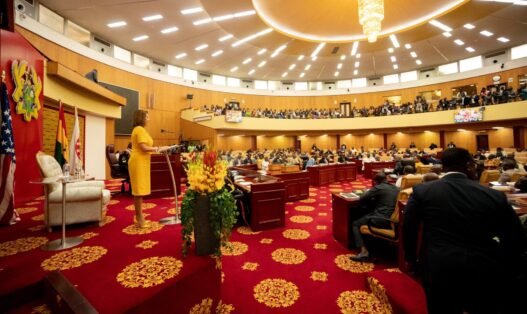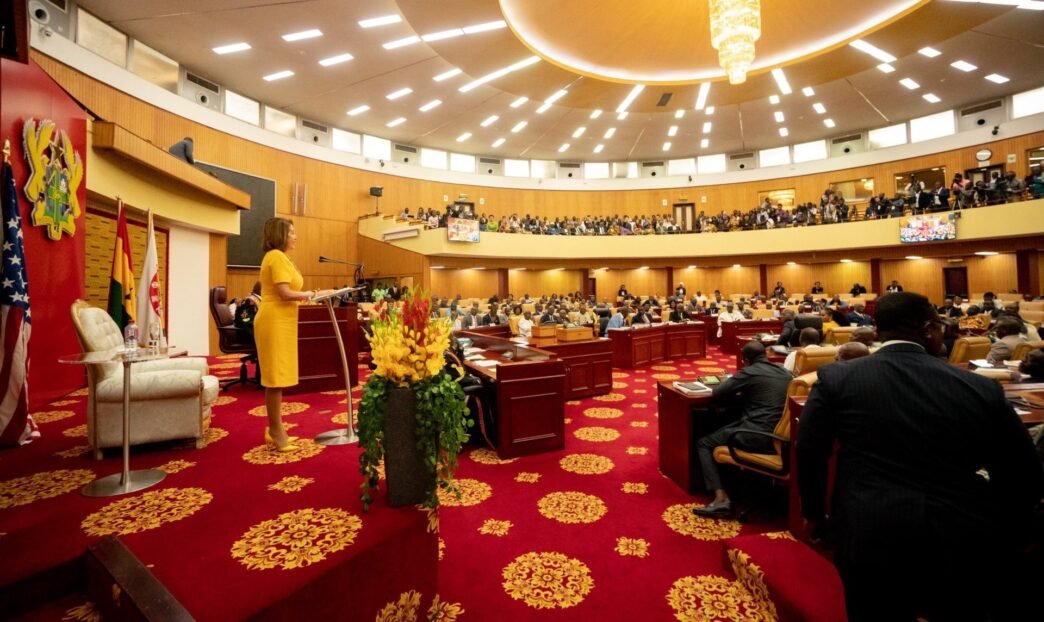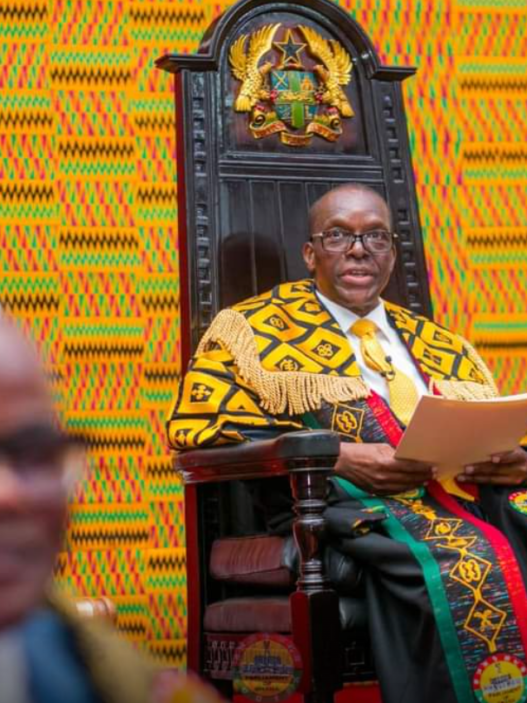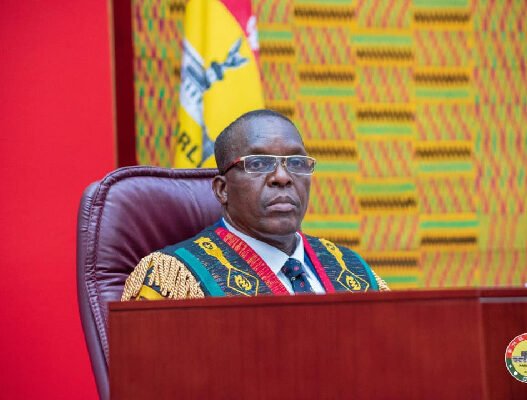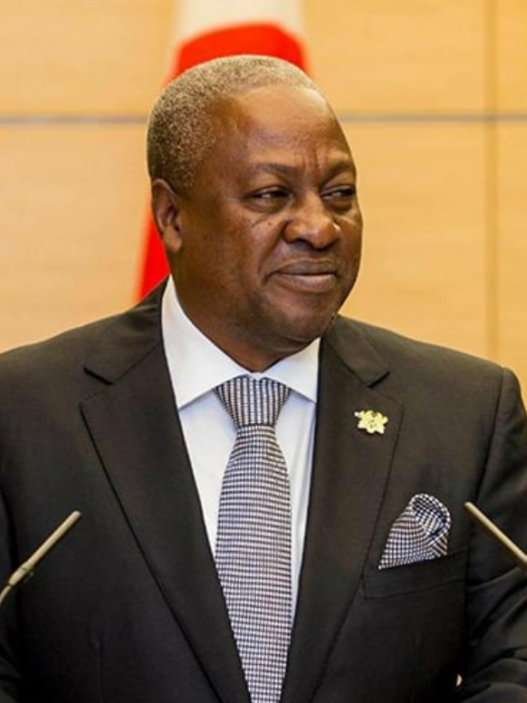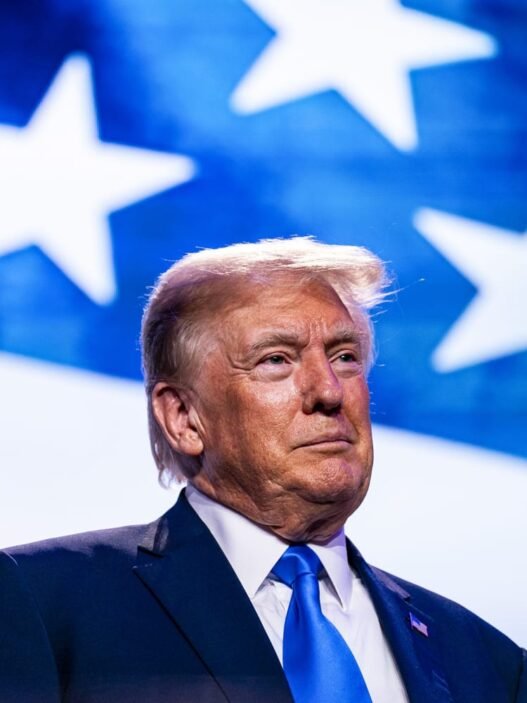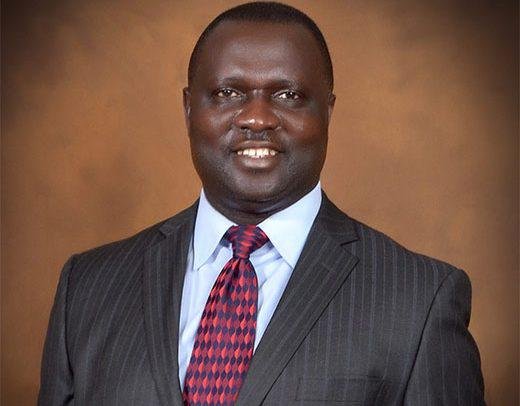When the cat is away, the mice will play. But now, Parliament no go dey its usual place again! For the first time in years, Ghana’s lawmakers are shifting from their traditional home to The Dome, thanks to renovations at Parliament House. While this might seem like just another reshuffle, this move comes with some serious shifts in how the nation’s governance plays out in the public sphere.
As many Ghanaians know, Parliament House is more than just the building where laws are made; it’s the symbolic heart of our democracy. The fact that it’s now under renovation raises a lot of questions. Is this move a reflection of poor planning, or is it a sign that things are finally looking up? Whatever the case, chale, it’s a serious game-changer.
Right now, The Dome – Accra’s famous International Conference Centre – is playing host to Parliament’s sessions. You might remember it as the site for big events like the African Union meetings or international conferences, but now, it’s the battleground for our politicians as they continue to ‘debate, deliberate, and legislate’ on our behalf. But what does this move mean for the everyday Ghanaian, especially with our mass communication scene heavily influenced by what’s happening in Parliament?
First, let’s talk about gatekeeping. Historically, the media has controlled the flow of information from Parliament, shaping public perception and setting the agenda. But the game is shifting with the constant updates and live broadcasts from The Dome. Public access to proceedings has become more widespread. This could be a double-edged sword—on the one hand, citizens can now engage with and criticize Parliament in real-time, but on the other, the pressure for politicians to play to the camera increases. The public sphere is now more dynamic than ever before.
Next up, let’s consider the Trotro Chronicles. In a country where public transport is part of everyday life, you can bet the move to The Dome is being discussed in every corner of the country, from trotro stations to market stalls. From ‘Trotro FM’ (the gossip network on every corner) to social media chatter, every Ghanaian is tuned in to how the move will affect the Parliament’s operation. The public’s perception of the entire process is likely to be shaped by these grassroots discussions, as “local knowledge” becomes more influential.
Now, let’s not forget the role of infotainment in this transition. Radio stations like Peace FM and Adom FM are playing an essential role in keeping the nation informed, while also adding their own spin to the news. You see, it’s not just about what happens in Parliament anymore; it’s about how the media frames it. The shift to The Dome is likely to fuel even more conversations about power, governance, and how public money is spent. So, Parliament’s relocation to The Dome isn’t just a physical move; it’s also a cultural one that feeds into the infotainment ecosystem.
However, we can’t forget the traditional media’s role in setting the agenda. While digital media platforms like Twitter and Instagram are buzzing with memes and commentary, the “traditional” media houses are still the go-to for in-depth analysis and political discussions. These media outlets are the authority, the “asem sebe,” in interpreting the implications of this move and setting the narrative for the public.
Conclusion
As we sit back and watch how this relocation unfolds, we must remember that, like any good Ghanaian proverb says, “Ɛban a ɛyɛ den na ɛka akyekyede.” (Unity in our media efforts will always be key.) Whether in Parliament or The Dome, the most important thing is ensuring that all voices are heard, and the people are always in the know.
So, what do you think about this shake-up? Will The Dome bring fresh energy, or will it just be another “dumsor” situation? One thing is for sure, we’re all watching!









